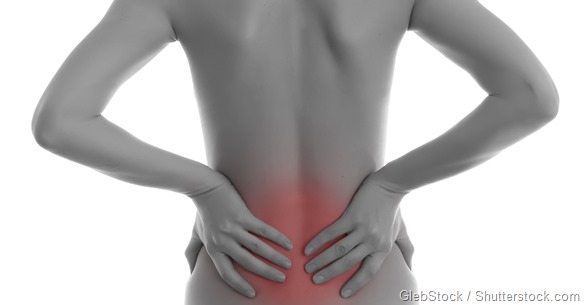Paracetamol is no more effective than placebo at relieving acute lower back pain, according to new clinical trial results.
Findings from the largest trial to date showed that paracetamol neither improved recovery time or relieved pain levels any more than placebo did in a study population of more than 1600 people.

“The results suggest we need to reconsider the universal recommendation to provide paracetamol as a first-line treatment for low-back pain,” said lead author Dr Christopher Williams from the University of Sydney in Australia.
The Paracetamol for Low-Back Pain Study (PACE) included 1652 people (aged an average of 45 years) from 235 primary care centers across Sydney who were suffering from acute low-back pain. The participants were randomly assigned to receive 3990 mg of paracetamol divided into three regular daily doses (regular group); doses when required up to a maximum of 4000 mg/day (as-needed group), or placebo.
All patients received “best-evidence” advice and were followed up over a three month period. A pain scale based on a score of 0–10 was used to assess the participants’ time to recovery.
As reported in The Lancet, no significant differences in time to recovery were observed between the three different groups. The median time to recovery was 17 days in the regular group, compared with 17 days in the as-needed group and 16 days in the placebo group.
Williams and team also found that paracetamol had no significant effect on pain levels, disability, function, sleep quality or quality of life and the number of adverse side effects reported did not differ between the groups either.
According to Williams,
Simple analgesics such as paracetamol might not be of primary importance in the management of acute lower back pain
The researchers suggest that the mechanism underlying low-back pain may differ to those underlying other painful conditions such as toothache or headache, where paracetamol has been proved effective at relieving pain.
“Understanding why paracetamol works for other pain states but not low-back pain would help direct future treatments,” suggests Williams.
In view of the quick timeframe in which participants in our trial improved compared with other cohorts, it would be interesting to see whether advice and reassurance (as provided in our trial) might be more effective than pharmacological strategies for acute episodes of low-back pain.